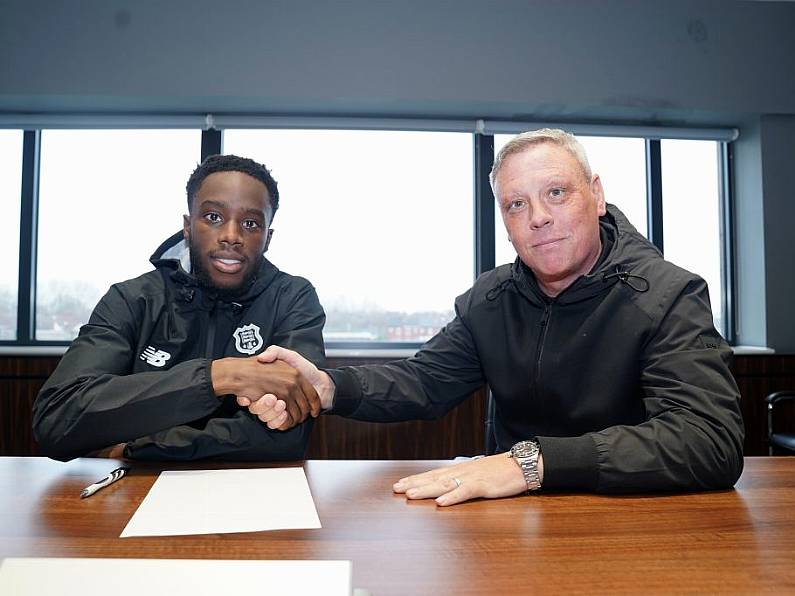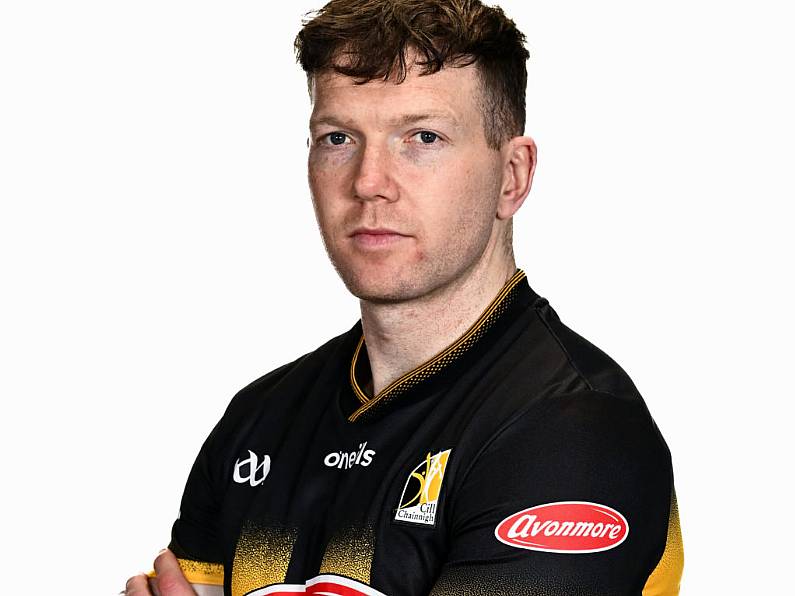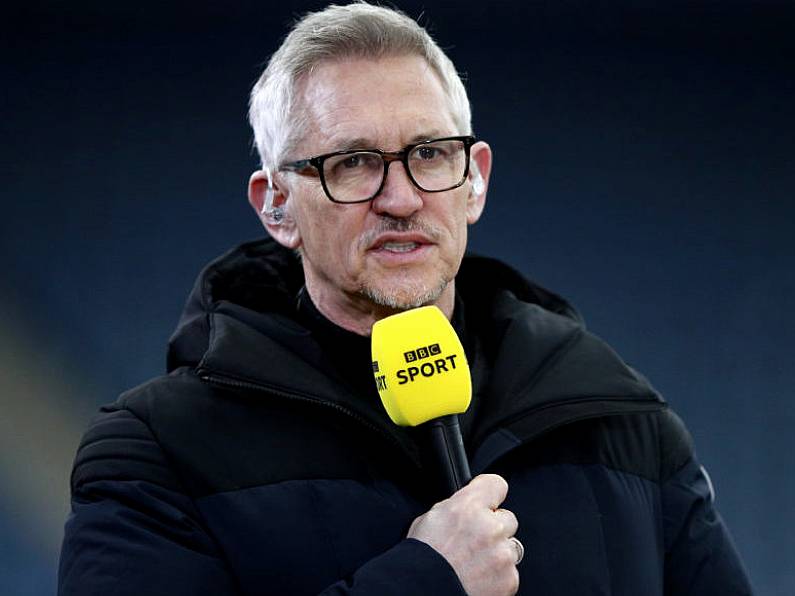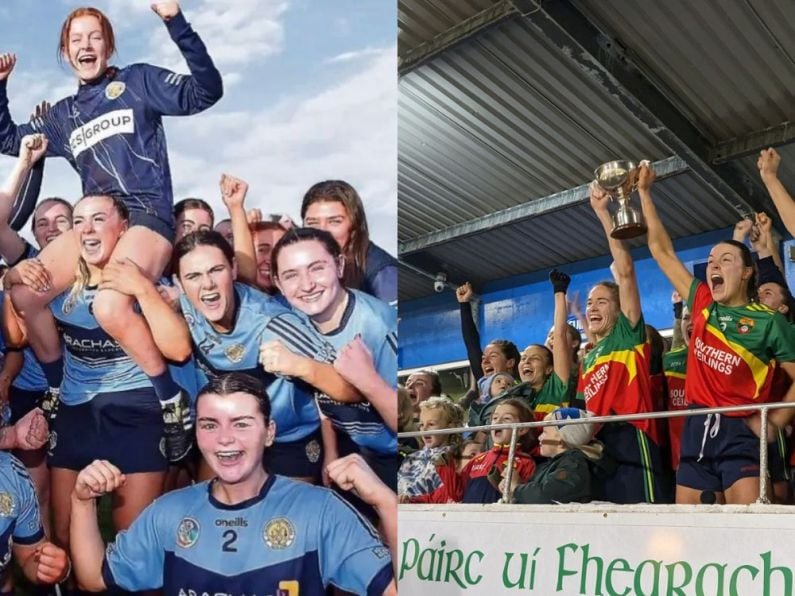Bolton defender Stephen Darby has announced his retirement, aged 29, after being diagnosed with motor neurone disease.
The right-back, who began his career at his hometown club Liverpool, received the diagnosis from a specialist recently.
He joined Bolton in the summer of 2017 but has not played since December.
"It is with great sadness that I announce my immediate retirement from professional football due to a recent diagnosis of Motor Neurone Disease," said Darby in a statement released by the club.
"I would like to take the opportunity to thank my teammates, Phil Parkinson and all the staff at Bolton Wanderers Football Club for their amazing support at what has been an extremely difficult period for myself and my family.
"I would like to ask for privacy at this time so I can adjust to the battle I have ahead and so that I can spend time with those closest to me."
While at Liverpool, Darby had loan spells with Swindon, Notts County and Rochdale before joining Bradford, where he spent two seasons as club captain under current Bolton boss Parkinson.
"This is heartbreaking news for Stephen and his family," said Parkinson. "He is an outstanding professional and a fantastic person.
"The Bolton Wanderers fans didn't see the best of him due to limited first team opportunities, but I can assure everyone that he made a significant contribution in last year's survival."
The Professional Footballers' Association has vowed to support Darby, husband of Manchester City defender and England captain Steph Houghton.
The PFA's Matthew Buck told the website: "As a footballer Stephen has been the epitome of a true professional. Since I first met him and began representing him at the age of 17 he has dedicated himself to the sport and has had a successful career, whilst experiencing the highs and lows of the game.
"He has become a good friend over the years and knowing Stephen throughout his football career I am sure he will face the future with the same determination and resolve he showed throughout his football career.
"I have seen first hand how difficult the last few weeks have been for Stephen, Steph and his family but he has conducted himself with a tremendous amount of dignity and bravery.
"Stephen has been a credit to his profession and myself and the PFA will continue to support Stephen in his battle ahead against Motor Neurone Disease."
PA






